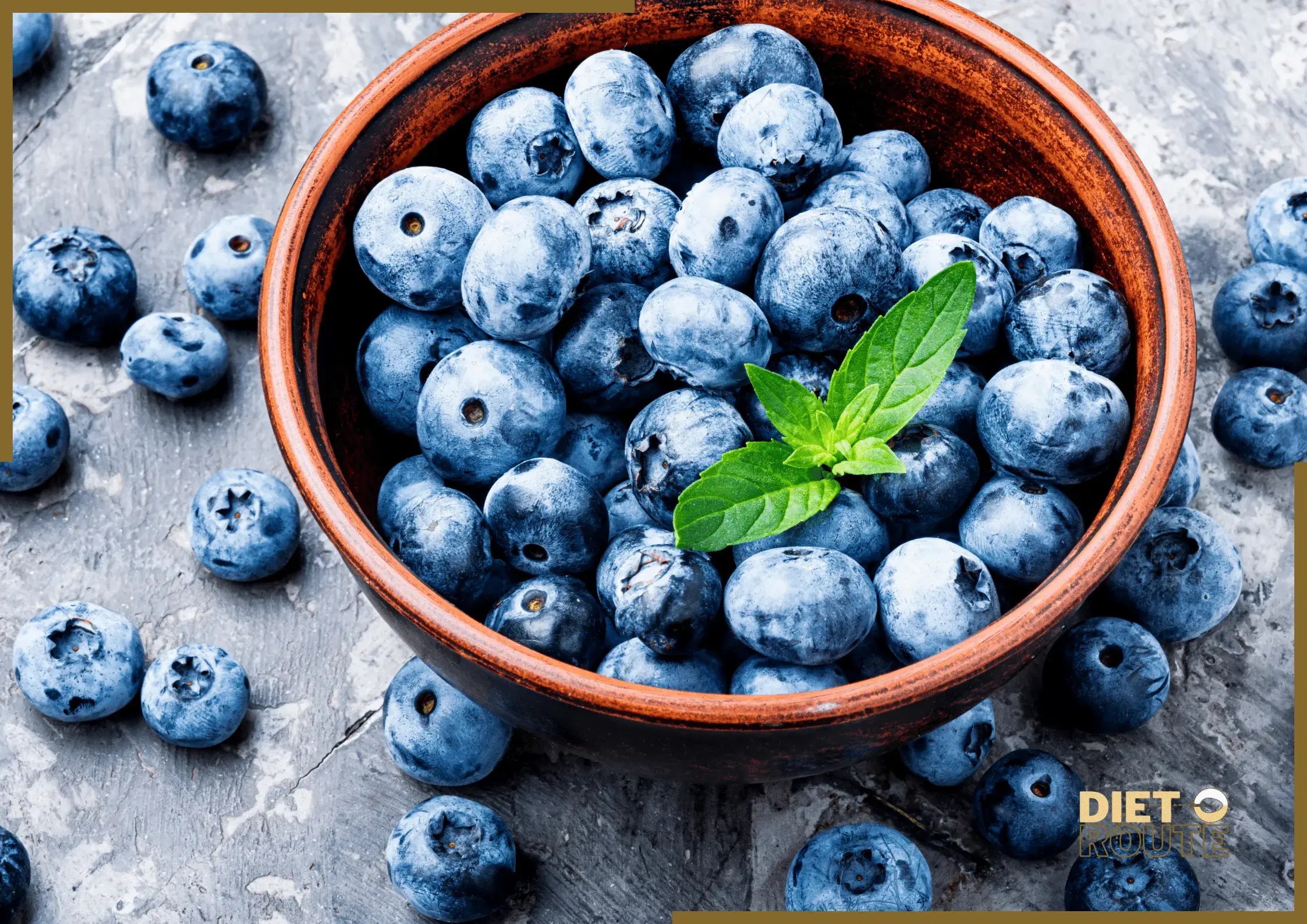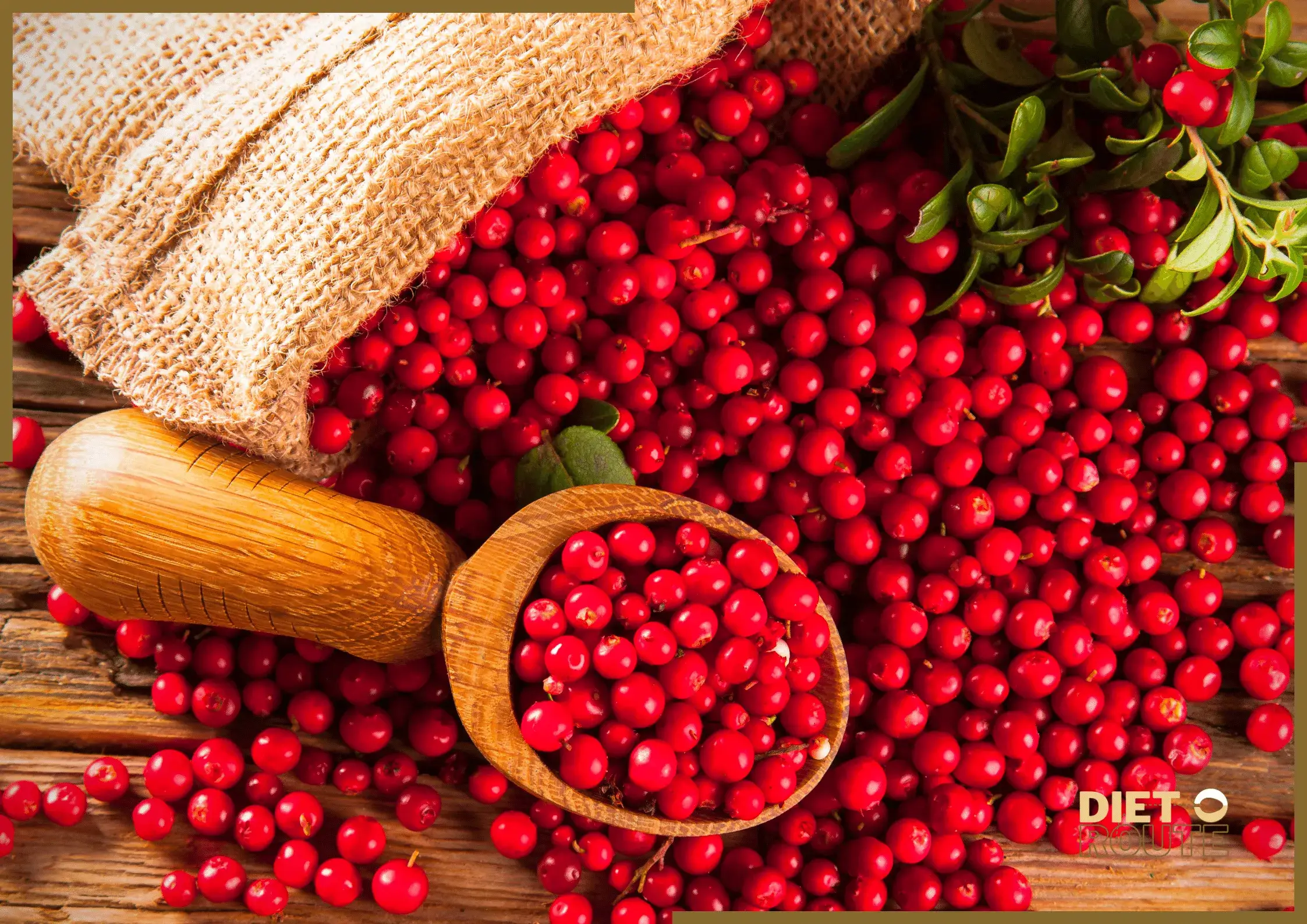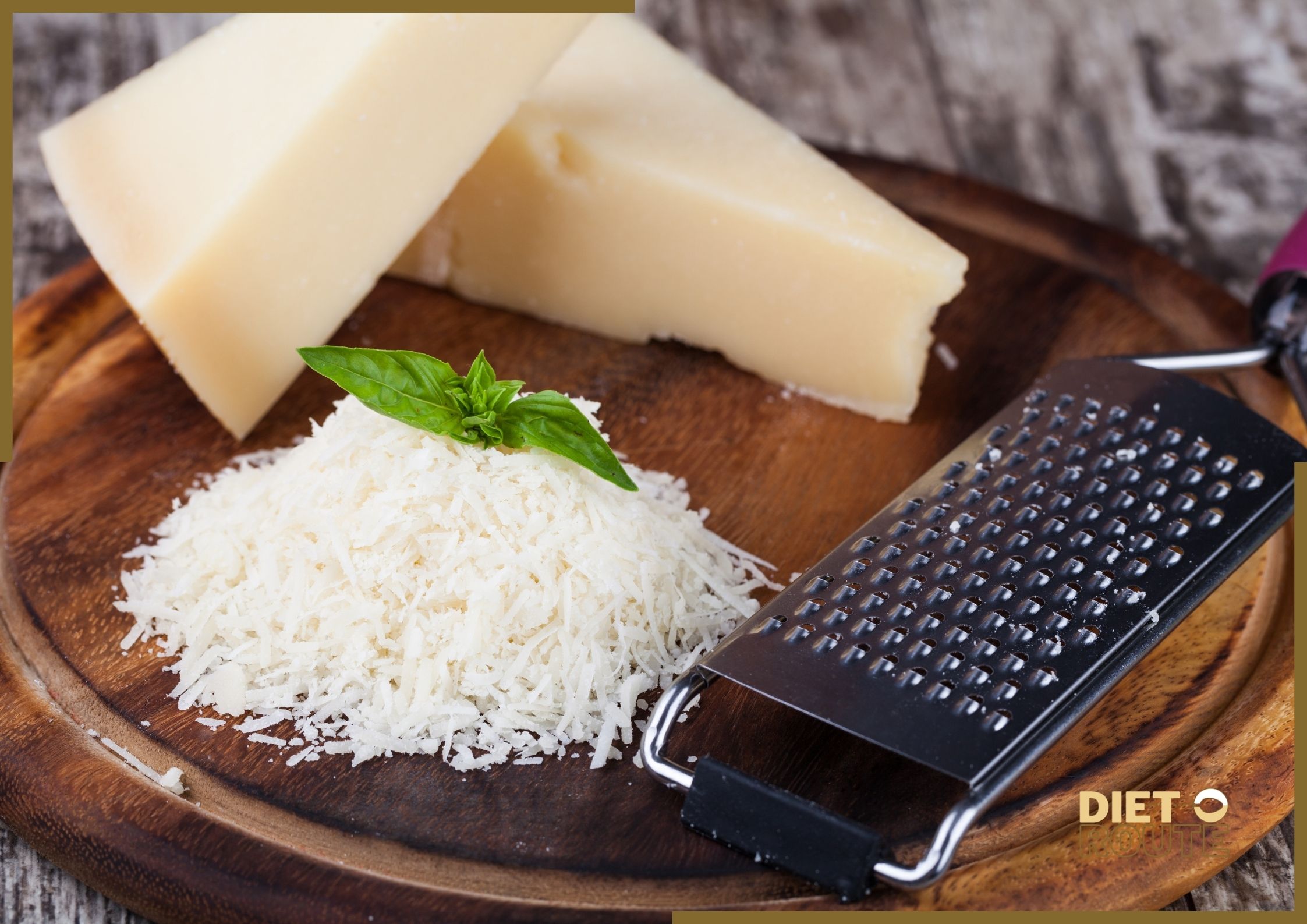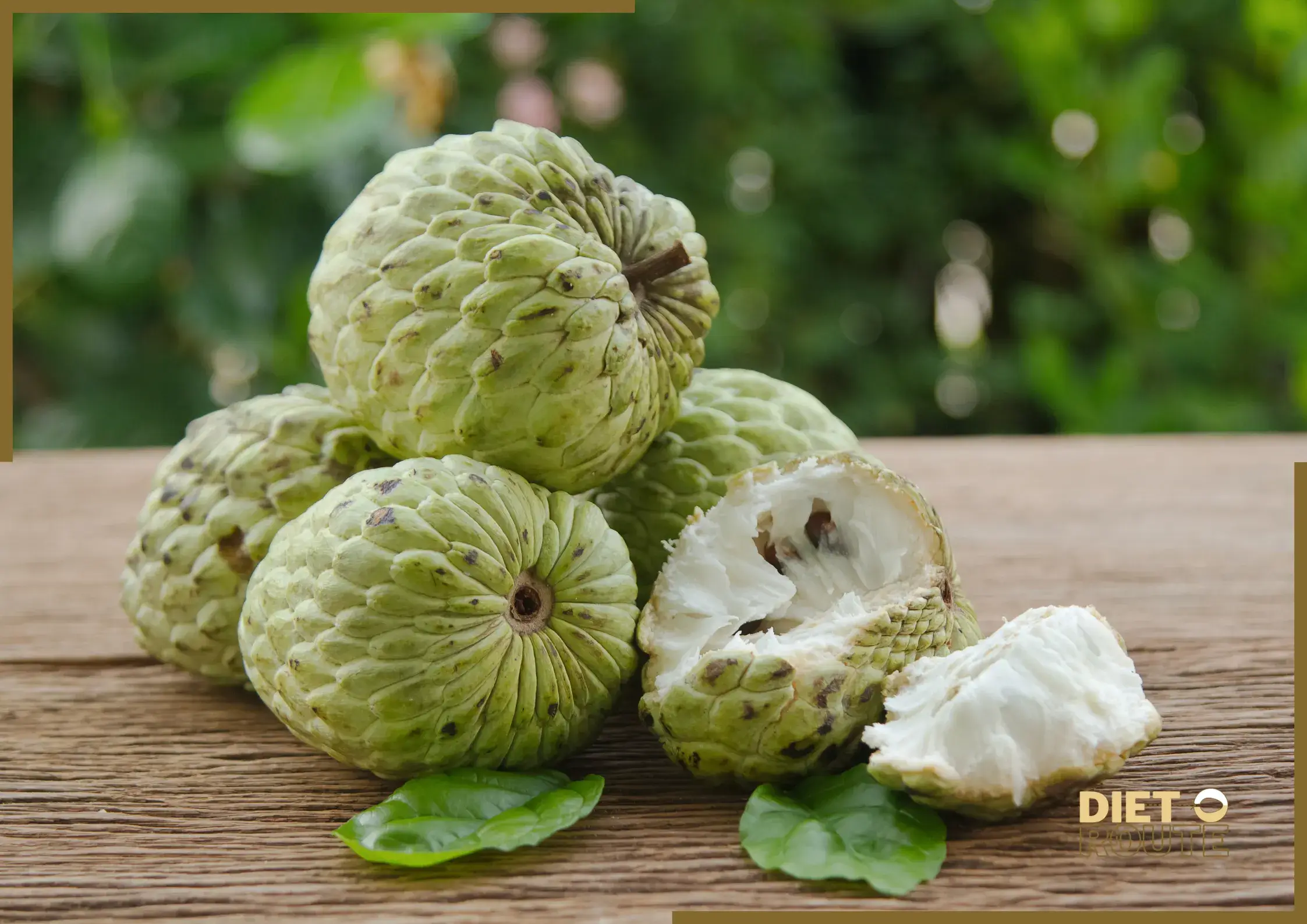Introduction
Raspberries are a nutritious and flavorful type of berry that provide numerous health benefits. This article presents a tabular breakdown of the nutritional value, including the daily value percentage (% DV). In this article, we will discuss the advantages and disadvantages and provide answers to ten commonly asked questions (FAQs). Explore the nutritional benefits and learn why they make a great addition to a well-rounded diet.
Table of Contents
Nutritional Value Approximately 100g
The values provided are approximate can vary depending on the size and ripeness.
| Nutrient | Amount Per 100g | % Daily Value* |
| Calories | 52 kcal | 2.6% |
| Carbohydrates | 11.9 g | 3.9% |
| Fiber | 6.5 g | 26% |
| Sugars | 4.4 g | – |
| Protein | 1.2 g | 2.4% |
| Fat | 0.7 g | 1.1% |
| Vitamin C | 26.2 mg | 43.7% |
| Vitamin K | 7.8 µg | 9.8% |
| Manganese | 0.67 mg | 33.5% |
| Antioxidants | – | – |
*Percent Daily Values (% DV) are based on a 2,000-calorie diet.

Pros
1.Raspberries are a great source of antioxidants that aid in shielding against oxidative stress, decreasing inflammation, and promoting overall well-being.
2. They are an excellent source of fibre, which makes them beneficial for promoting healthy digestion, aiding in weight management, and supporting heart health.
3. They are a great source of vitamin C, which helps boost the immune system, promote collagen synthesis, and protect against common illnesses.
4. They are a rich source of manganese, a vital mineral that supports bone health, metabolism, and antioxidant defence.
5. They are a great addition to a balanced diet as they are low in calories, making them a guilt-free and satisfying option.
Cons
1.It’s possible for some people to experience allergic reactions to raspberries. In case of any negative responses like itching, swelling, or breathing issues, it is recommended to seek immediate medical attention.
2. To reduce the risk of pesticide residue exposure, it is recommended to opt for organic ones or ensure that they are washed thoroughly.
Frequently Asked Questions (FAQs)
1.Can raspberries help with weight loss?
They are a great addition to a weight loss diet as they are high in fibre, low in calories, and can help promote satiety.
2. Are raspberries beneficial for cardiovascular health?
They are great for heart health due to their high fibre and antioxidant content, which can help lower cholesterol levels and maintain healthy blood pressure.
3. Can raspberries enhance skin health?
They are a great source of antioxidants and vitamin C that can help improve skin health, stimulate collagen production, and shield against free radical damage.
4. Is it safe to add raspberries to a diabetes-friendly diet?
They are a suitable addition to a diabetic meal plan when consumed as part of a well-balanced diet. Importance of Portion Control and Blood Sugar Level Monitoring.
5. Are raspberries good for eye health?
They are a great source of antioxidants and vitamins that can aid in maintaining good eye health and potentially prevent age-related macular degeneration.
6. Are raspberries suitable for a ketogenic diet?
They have some carbs and should be eaten in moderation to align with the low-carb guidelines of a keto diet.
7. Are raspberries effective in reducing inflammation?
Yes, they contain antioxidants that can aid in reducing inflammation in the body, potentially improving overall health.
8. Are raspberries gluten-free and safe to consume on a gluten-free diet?
Yes, they are a gluten-free fruit that can be consumed without any concerns by people who follow a gluten-free diet.
9. Are raspberries good for digestion?
They are a great source of fibre that can aid in promoting healthy digestion, regular bowel movements, and relieving constipation.
10. Is it safe to eat raspberries while pregnant?
During pregnancy, consuming them is generally safe and beneficial as they are a good source of essential nutrients. It is recommended to seek guidance from a healthcare expert for tailored recommendations.
In a Nut Shell
Raspberries are a highly nutritious and adaptable fruit that provide a wide range of health advantages. They are a great source of antioxidants, fibre, and essential nutrients that can help improve digestion, heart health, and immune function. Although allergies and pesticide residues may be potential concerns, the benefits of consuming them outweigh the drawbacks. Include raspberries in your diet as a healthy snack, in smoothies, desserts, or as a delicious addition to different recipes to savour their rich flavour and benefit from their nutrients.








